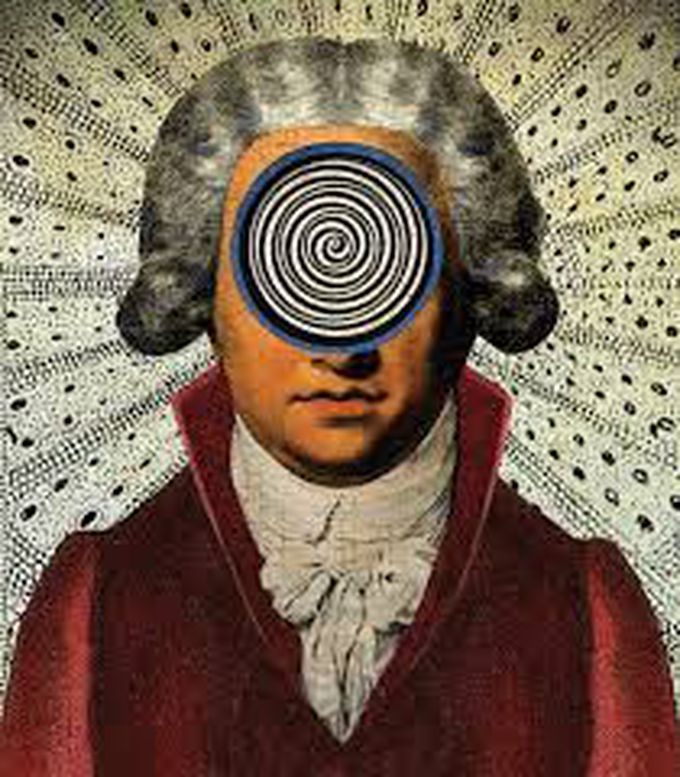


Treatment of hallucination
The treatment for hallucinations depends on the cause. Hallucinations caused by temporary conditions, such as high fever, severe dehydration or infection, will resolve once the underlying condition has been treated. Certain medications and therapies may help treat hallucinations in people with chronic conditions that cause them, including: Typical (first-generation) and atypical (second-generation) antipsychotic medications may help decrease the frequency and severity of hallucinations in people with schizophrenia spectrum disorders, bipolar disorder and major depressive disorder with psychotic features. Repetitive transcranial magnetic stimulation (rTMS) may reduce auditory hallucinations that don’t respond to antipsychotic medications. Acetylcholinesterase inhibitors may reduce psychosis (hallucinations and/or delusions) in people with Alzheimer’s disease, Parkinson’s disease and Lewy body dementia. Acetylcholinesterase inhibitors are a group of drugs that block the normal breakdown of acetylcholine, which is a neurotransmitter that functions in both the peripheral nervous system and central nervous system.
I’ve been living with Parkinson’s disease for quite some time, and for years, I struggled to find lasting relief. While medications offered some temporary help, the symptoms always returned and often worsened.Out of a mix of hope and hesitation, I decided to try an herbal treatment program from NaturePath Herbal Clinic. I’ll admit, I was skeptical at first. But around the fourth month, I began to notice real, steady progress.my tremors became less frequent the stiffness in my body eased My balance and coordination gradually improved It wasn’t an overnight transformation, but it was consistent and life changing. For the first time in years, I feel more in control of my body. I can move with greater freedom, sleep more peacefully, and enjoy daily activities without the constant discomfort I once accepted as normal.The improvement I’ve experienced physically, emotionally, and mentally has been nothing short of upliftings.If you're exploring natural options for managing Parkinson’s, I wholeheartedly recommend looking into NaturePath Herbal Clinic. Their approach has made a real difference in my life, and I’m truly grateful I gave it a chance. www.naturepathherbalclinic.com info@naturepathherbalclinic.com
Wendigo syndrome


